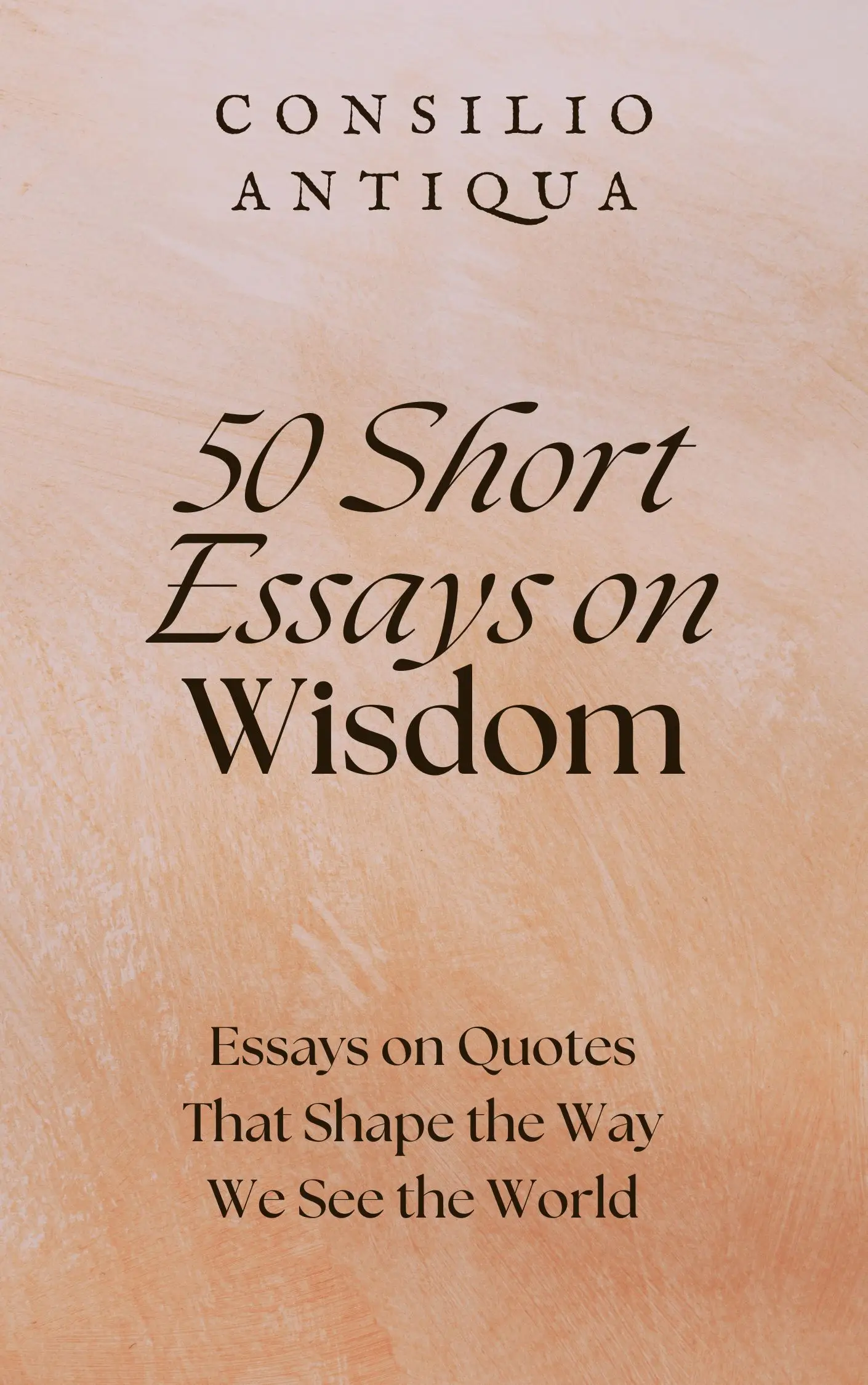
50 Short Essays on Wisdom | The Gilded Cage
The Gilded Cage
"The love of money is the root of all evil." - Bible (1 Timothy 6:10)
The sleek, black car purred, a testament to years of relentless ambition. Yet, as Elias stared out the rain-streaked window, a hollow ache resonated deeper than the engine's hum. He'd achieved the financial summit, yet the summit felt like a desolate plateau. This feeling, this subtle dissonance between achievement and fulfillment, echoes the ancient warning: "The love of money is the root of all evil." This isn't a condemnation of wealth itself, but a profound exploration of the insatiable nature of desire and the insidious ways it can corrupt the human spirit.
Paul's words in 1 Timothy 6:10, penned amidst the burgeoning complexities of the Roman Empire, weren't a blanket rejection of material possessions. Rather, they served as a cautionary tale against the idolatry of wealth – a pervasive issue in a society marked by vast disparities in riches. Early Christians, often persecuted for their beliefs, understood this warning as a call to prioritize spiritual values over material ones. Throughout history, interpretations have varied, from monastic renunciation to the Protestant work ethic, reflecting the ever-shifting relationship between faith, work, and wealth.
The "love of money" isn't merely about accumulating possessions; it's about the psychological entanglement with material gain. It's the insidious belief that happiness resides in a bigger house, a faster car, a more impressive title. This relentless pursuit creates a gilded cage, a prison of our own making. The core wisdom lies in recognizing the illusion of fulfillment through material wealth. The more we chase it, the more elusive it becomes, leaving us perpetually dissatisfied, disconnected from genuine human connection, and ultimately, empty. This pursuit often fosters a sense of scarcity, fueling anxieties and competition, corroding our capacity for empathy and generosity.
Our modern world, saturated with consumerism and fueled by relentless marketing, amplifies this ancient warning. The relentless pursuit of the "next big thing" fosters a culture of disposability and insatiable desire. The chasm of wealth inequality, a stark reality in many societies, underscores the corrosive power of unchecked greed. Corporate scandals, driven by profit maximization at the expense of ethical considerations, serve as grim reminders of the dangers of prioritizing material gain above human well-being. The relentless pressure to "keep up with the Joneses" can lead to immense stress, anxiety, and a sense of inadequacy, regardless of one's actual financial status.
What truly nourishes your soul? What are you prioritizing in your life? Is your pursuit of financial security overshadowing your pursuit of meaningful relationships, personal growth, or creative expression? The path to fulfillment isn't paved with gold, but with intentionality, gratitude, and a conscious effort to cultivate inner richness. Consider the things that truly matter – connection, purpose, contribution – and ask yourself how your relationship with money aligns with these values. Perhaps, a quiet contemplation of these questions will reveal a path toward a more balanced and fulfilling life.
The love of money, unchecked, can indeed be a corrosive force. But the antidote isn't asceticism, but a conscious re-evaluation of our values. By cultivating inner richness, prioritizing genuine connection, and seeking purpose beyond material gain, we can break free from the gilded cage and discover a more authentic and fulfilling life. Let us strive not for empty accumulation, but for a life rich in meaning and purpose.
